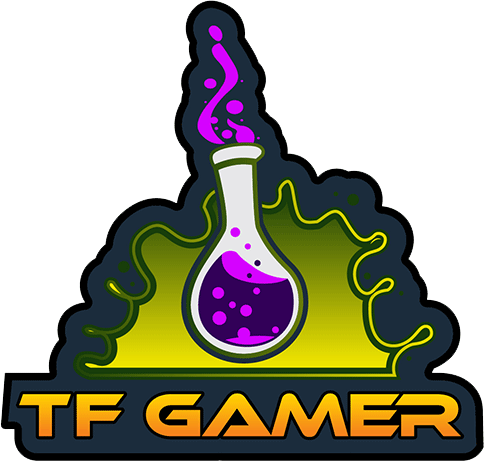I’m the creator and writer/coder of The Pirate’s Fate and Wicked Willow, and today we’re going to chat about how to gain the skills you need, join a team, and prepare to launch your own project.
So first, off, the obvious: making games is hard. Creating The Pirate’s Fate took nearly two years and was far more taxing than I ever imagined possible. So, if making a game is your passion, you have to go in prepared. Hopefully, the tips in this article will make it a little easier.
First, you’ve got to have a skill of some kind, and unfortunately, coming up with really great ideas doesn’t count. Don’t get me wrong – ideas are valuable. But nearly every creative person with a skill of some kind also has a million great ideas kicking around in their head. It’s pretty much impossible to just be the “idea guy,” coming up with a cool concept, then retiring to do nothing while everyone else works on bringing it to life.
So, a skill, then. But which skill to get good at? You should probably pick whichever skill you feel most passionate about. Whichever work doesn’t feel like work. Of course, not every skill is equally in demand.
Coding, art, writing, music, voice acting, in that order, are the most in demand. This doesn’t mean that, for example, voice acting isn’t important. It’s just that there are more voice actors than roles to fill them, while there are fewer coders than there are jobs for coders. That is part of the reason why I learned to code myself, even though my main passion is writing.
It’s probably easier to work on somebody else’s project before you do your own thing, especially if there are limits on the amount of time you can invest. But in order for a team to want to include you, they probably want to see your skills in action.
This is a kind of catch 22 – how can you get experience without having experience? The solution is to build your profile with non-game things. Show off your art/writing on your own gallery, etc. Getting “exposure” is actually underrated, in my view, because making connections is valuable and proving that your work can get attention is a great way to get your foot in the door when the time comes.
Once you have a gallery, booklist, demo reel, or the like, you can look online at various forums, social media sites, discord groups, or other places to find teams with openings. Or if you are really talented, you could look into a studio job. Expect most will not hire you. Keep your head up! There is one job and many applicants.
Do not feel obligated to take just any job, and don’t evaluate the job strictly by the rate of pay. Focus on a team with an inspiring vision that treats you with respect and lets you at least have an observer role in the decision making process with the team.
A sign of a good team is that there’s a regular way to communicate, such as a forum or discord group. Red flags include a team leader with no experience finishing a major project of any kind, an unclear expectation of your own work level, or goals that seem out of reach for a small team (we want to make the next World of Warcraft!)
Remember that these jobs are not meant to make you rich. They are meant to give you valuable experience and perspective. Even if the project is a failure that never finishes, you can learn what mistakes not to make.
Different games have different goals and so “success” can be hard to measure. Some developers want to make a free game with no financial gain at all, and define “success” as just positive reception from fans. Others keep the free approach but try to get support for their game on Patreon, needing to slowly build a base of support. Others, like me, choose to put their games on Steam to buy.
Unfortunately, 95% of indie games make zero profit, and 80% actually cause the developers to lose money. This presentation helps explain why:
How do you know when you’re ready to launch your own project? Ideally, you’ve worked on a game that’s had some level of success, or you’ve self-published ebooks, comics, or the like. You either have managed or were involved in a kickstarter in some way. You have a key skill – preferably art, writing, or coding – which you are very confident in. And of course, you should have a lot of time to dedicate to your project.
In Part 2, we’ll take a look at how you should structure your game, how to determine a monetization model, and how to build a support base online.
